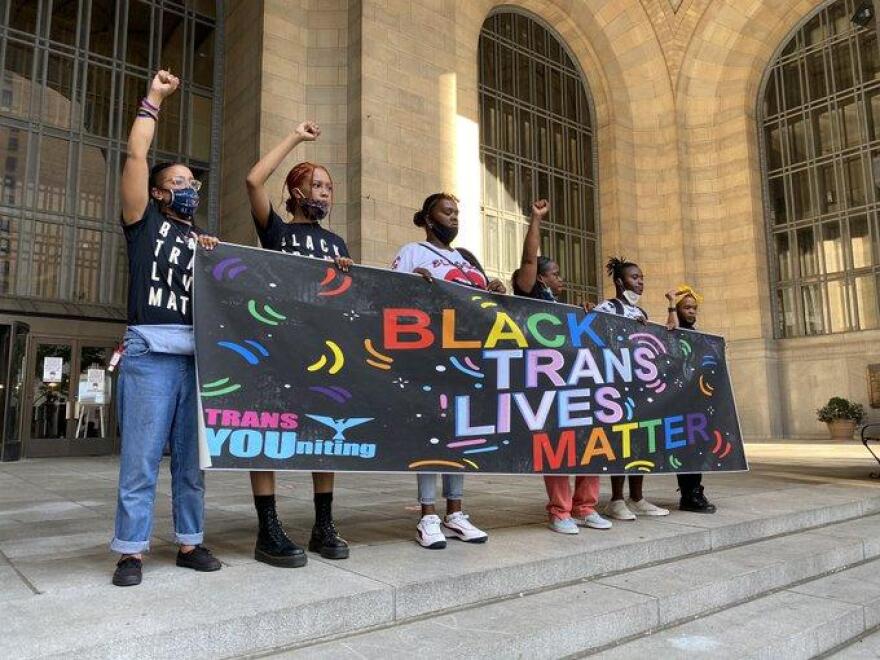The current civil rights movement has been an emotionally and intellectually taxing experience for many Black Americans who are confronting injustices that stretch back generations.
“That builds up a lot of anger, a lot of frustration and a lot of confusion,” said Pittsburgh-based therapist Neal Holmes.
Holmes specializes in working with clients from marginalized communities, and said racism in America creates unique trauma that forces people to live a sort of “double consciousness.” While a Black person might feel they can be themselves around friends and family, Holmes said wider society sees them as a threat.
In his practice, Holmes said his clients often grapple with the demands of inhabiting these many versions of themselves at one time. He works to help people navigate this so that they can live authentically. But some are reluctant to seek help.
“Especially within the Black community, I think for several years there's been a stigma about mental health and the role of mental health professionals,” he said.
Sharice Nance, another Pittsburgh-based therapist, agrees stigma prevents many Black Americans from seeking treatment.
“We don’t want to air our dirty laundry,” said Nance, who estimates that 98 percent of her clients are Black.
This reluctance can be amplified by what Nance calls “Black excellence fatigue,” which she defines as the physical and emotional exhaustion experienced by Black people who have internalized obligations and expectations from their community to excel and perform.
“You can strive for excellence and take breaks,” said Nance. “You can own and admit when the weight of the world is too heavy.”
Like Holmes, Nance said that there is a unique trauma caused by racism. Because this prejudice permeates society, Black people must be hyperalert while doing mundane things like grocery shopping or driving. The emotional stress can manifest in physical ways, such as heart palpitations or shortness of breath.
“The thing about trauma, one of the best was to move through it is to make sure you complete the stress cycle,” said Nance. “Trauma has to be metabolized.”
She said it’s important to have a physical release, which might include walking, crying or getting enough sleep.
Holmes said another way people can work through trauma is to pursue hobbies.
“Whether that be music, whether it be art, whether it be reading … exercising, running … it's really important to have those outlets to support your mental health,” he said.
The group Brown Mamas has compiled a list of Black therapists in Pittsburgh.





